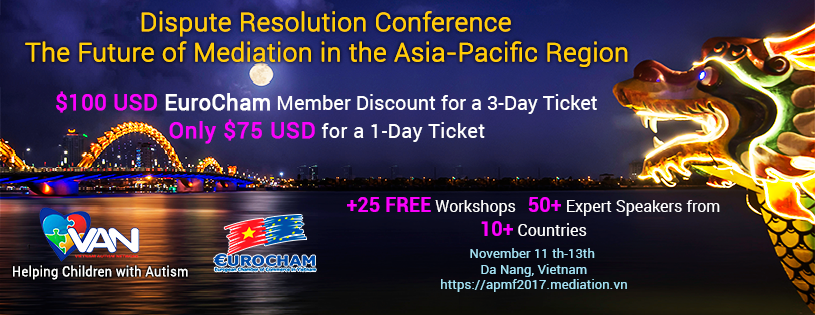Thanks to Mike Lind for sharing a link the new white paper “The Digitalisation of Tribunals: What we know and what we need to know.”
The report is co-authored by Professor Robert Thomas (Professor of Public Law, University of Manchester) and Dr Joe Tomlinson (Lecturer in Public Law, University of Sheffield, and Research Director, Public Law Project).
From the Introduction:
“There is a global movement toward digital justice. In the UK, the Ministry of Justice (MoJ) and HM Courts and Tribunals Service (HMCTS) are implementing a wide-ranging court reform and digitalisation programme across the justice system. The digitalisation of administrative tribunals is a key part of that agenda. In global terms, the reforms being carried out by HMCTS are pioneering and are on an unprecedented scale. While there is clear ambition on display, much of the detail of how the new system will work are still being worked out.
This report covers four distinct questions:
- what is the context for the introduction of online tribunals?
- what do we know about what online tribunal procedures will look like?
- what are the key issues going forward?
- how do developments in the UK fit within wider international developments?
The digitalisation of tribunals can be understood as occurring within four related though discrete
contexts:
- reforms to administrative justice and changes to tribunals;
- advances in e-government;
- developments in online dispute resolution (ODR); and
- the development of the Transforming Our Justice System proposals.”
Click here for the full report.


